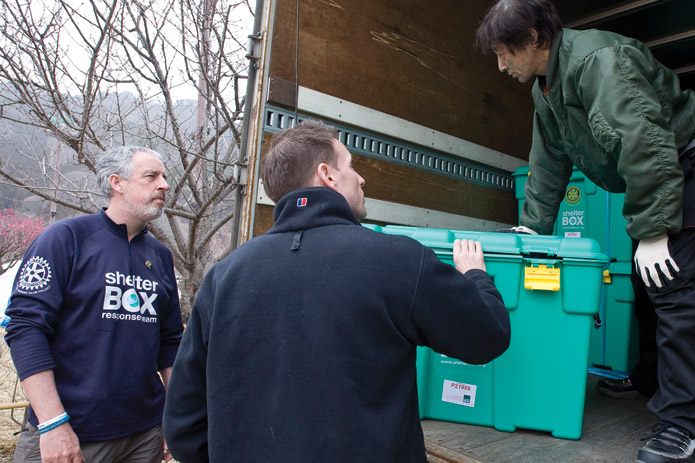Helping Britons cope with arrest, abduction, death and hospitalisation; facilitating births and marriages
I am one of two vice consuls at the British Embassy Tokyo, part of a six-strong consular team. Our principal role is to help British nationals in eastern Japan (the British Consulate-General in Osaka looks after western Japan). The assistance can be at times of major life changes, such as providing “certificates of no impediment” for marriages, registering births and conducting civil partnerships, through to helping people in difficult situations—such as those in hospital, abducted children, the relatives of a deceased person, and detainees.
Every month, the section deals with an average of 1,100 telephone calls, 440 enquiries by letter or email, and 395 face-to-face consultations. In 2010, we registered 272 births and issued about 300 notices of marriage. But when it comes to “assistance work”, our time is dominated by arrests. In Japan, these can be split approximately into two categories—arrests at an airport for alleged drug smuggling, and elsewhere for drug-related and other (generally minor) offences. When I joined the embassy, I was surprised at the number of drug-related arrests. I was also surprised to learn that Japan is a top-ten country worldwide in terms of the number of British nationals serving sentences for drug-related crimes.
When a British national is arrested here, the embassy is informed and he or she has the right to meet with a consular official. If the detainee wishes to see us, we will visit as soon as possible—fairly easy if it’s Azabu Police Station, a little more complicated in Hokkaido! You never know what to expect on the first visit. More often than not, the detainee is in shock and hasn’t really grasped the gravity of the situation. British nationals arrested at the airport have often not been to Japan before and do not understand the language or customs. They also tend not to realise how seriously the Japanese treat drug-related offences. Prison sentences are long, the conviction rate is high, and little credibility is given to claims that the accused had no knowledge of their complicity in a drug-related crime.
Arrests for other offences are also difficult. Above all, it comes as a big shock to many when they learn that the police have the right to detain and question a suspect for up to 23 days before the suspect is indicted (formally charged) or released. And, of course, this can have major implications for their employment and family life. Whether the offence is shoplifting or serious assault, it almost always means a minimum of three weeks in detention. When the expectation is that the Japanese system will be the same as that of the UK, detainees (and their family and friends) struggle with the reality. It’s a real challenge to manage this.
The other challenge is to manage expectations about how we can help. Many people are surprised to hear that the embassy can’t get them out of detention or provide legal advice. What we can do is make sure they are not discriminated against because they are British, and look out for their welfare. When we visit detainees, we give them a “prison pack” that provides basic information on arrest procedures, as well as a list of English-speaking lawyers and other resources. We keep in contact by letter—detainees cannot make or receive phone calls—and visit every three months.
Acting as a source of contact with the outside world is often a lifeline for detainees. For drug-related or other serious offences, detainees are often subject to sekken kinshi—effectively, a blanket communication ban preventing a detainee from having any contact other than with their solicitor or a consular official. This can be extremely isolating. Despite, or perhaps because of, the difficulties and the emotions that go with assisting people in distressing circumstances, the work is rewarding. I get a great sense of satisfaction when I have in some way helped someone with what could be the most difficult experience of their life, and every night I try to sleep well, to be ready for what will be waiting for me the next day!
British Embassy Tokyo Consular Section: http://ukinjapan.fco.gov.uk/en/help-for-british-nationals/
Embassy webpage on risks relating to drugs in Japan: http://ukinjapan.fco.gov.uk/en/help-for-british-nationals/living-in-japan/general-advice/drugs/





